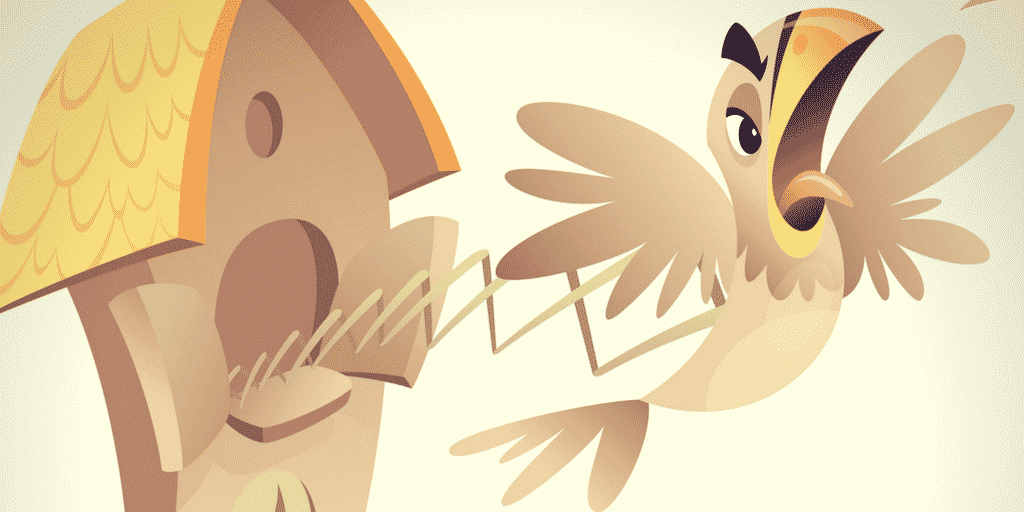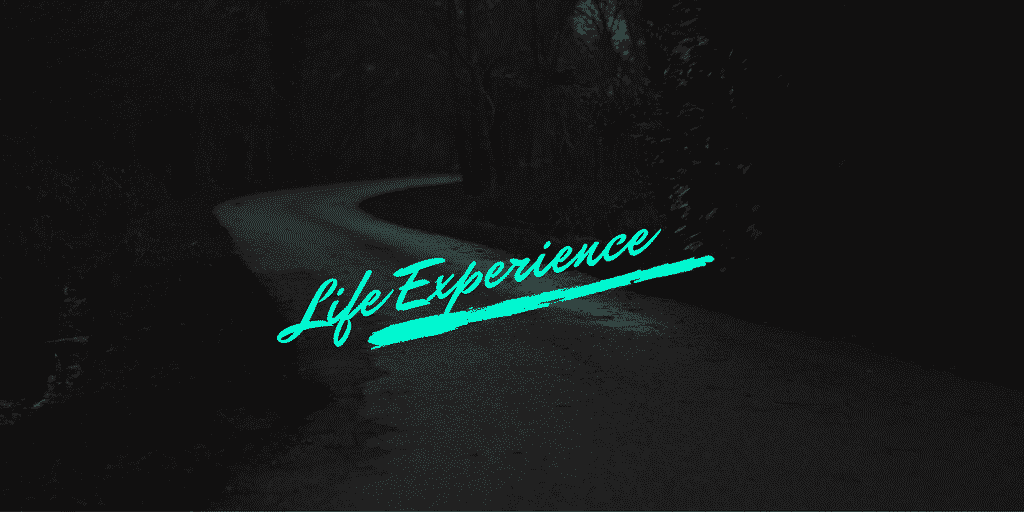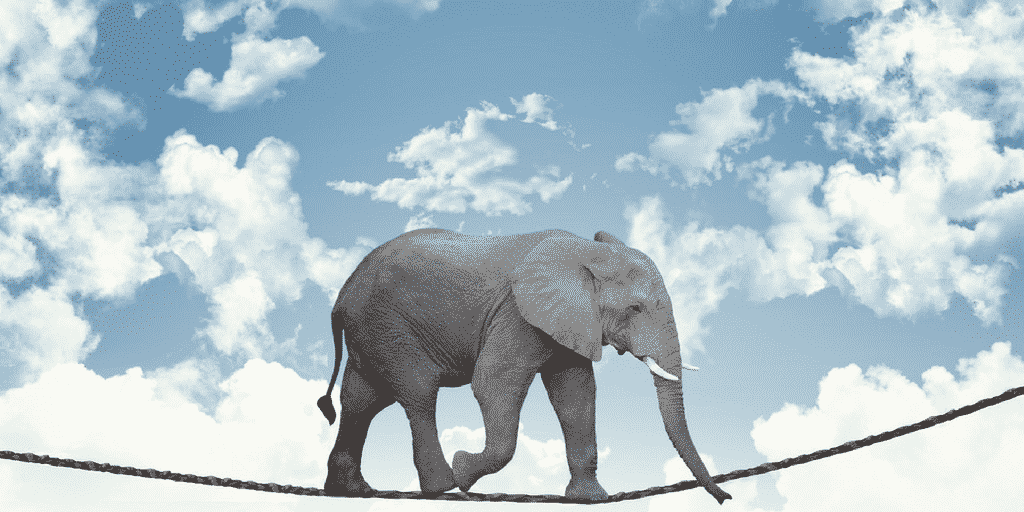
In my Simply Lose It Society Coaching Group’s last phone call, we explored some important things. We envisioned what our perfect year would look like next year. When we read our paragraphs to each other on the call, I noticed a huge theme. We all wanted more stability in our lives.
For one is was stability in emotions, for another it was stability in family relationships. There were finances, food, and weight. After sharing, I prompted us all to share what our biggest struggle at the current time is. Sometimes, overcoming our greatest struggle of the moment can start an avalanche that gets us moving to that vision – that perfect year.
Stabilizing the situations
I looked up the definition of “Stabilize” and this is what it said: to make or become unlikely to give way or overturn; make or become unlikely to change, fail or decline
We all wanted to be more “steady” and not so quick to go off the rails! I’ve experienced this in my diet, finances, anger, and many things, as I am sure you have, too. Well, one member said their biggest struggle was uncontrollable eating.
Well, being me, I looked up the definition of control and this is what it said: the power to influence or direct behavior or the course of events; to command.
WOW! Who, in their diet, wouldn’t love to be able to direct their behaviors? How about finances, relationships, or responses to events in our lives? I told her, “What I hear you saying is the pendulum swings way to fast.” This led to my next Google.
How do you slow down your pendulum?
I went right to cuckoo clock repair. What do they do if the clock runs too fast, and the cuckoo show up too much? In my life, my cuckoo shows up way too much, and way to quickly! Well, it said that the longer the pendulum, the slower is swings.
So we just need longer pendulums, or more patience. How can we create a longer pendulum in our lives? I began thinking of how I’d done this before, and this is what I came up with.
If I think I am hungry, I usually head straight for a snack or meal. But sometimes if I get distracted, I forget that I’m hungry. Well, I don’t forget that I’m hungry. I actually realized that I really wasn’t hungry, but I mistook an emotion for being hungry. So this is what I’m going to do: when I feel hungry, I’m going to set a 10-minute timer. In that 10 minutes, I’m going to get busy doing something. When it goes off, if I truly am hungry, I’ll still be hungry. I just created some patience, or a longer pendulum, in my life.
Try it before you buy it
You can do this in many areas of your life! How many impulse shoppers do we have reading this? Well, set that timer for when you want to buy something. You might just figure out you can actually live without it, or you really didn’t want it anyway.
Or how about with your anger? In The Journey Training, we teach that many times we are “making up a story” causing us to get mad. In other words, we connect the dots and come to our own conclusions about someone’s actions. Usually, their intention wasn’t what we first thought it to be. We teach trainees to process their emotions before jumping off the cliff. Many times, we can come to the conclusion that we made up a story, and are able to forgive and move on. That is the equivalent of creating a longer pendulum in your feelings before reacting.
What else can you create a longer pendulum for? Where else in our lives would creating opportunities to be patient would help us?
Most people plan more for their yearly vacation than they do their lives. Why not pause, take a weekend off and create a longer pendulum in your own life, too. One way you could do this is to enroll in the very next Threshold class. You never know what you’ve been missing until you stop to smell the roses. I challenge you to find some areas in your life and create a longer pendulum today!

I am a facilitator in The Journey Training. Recently, I was traveling to Tulsa for a training weekend and I had a layover at the Atlanta airport. I had several hours in between my flights so I got something to eat and then went to the assigned gate with plenty of time to charge my phone and catch up on some email. When I arrived at my gate all of the electric outlets were already being used by other people. I’ll admit I was a little frustrated. I looked around and noticed a fairly empty area a few gates away, so I went down there and sat in a seat near the check-in desk. I plugged in and started to go through my email. Everything was back on plan.
About 5 minutes later, a lady came to the gate area and sat directly across from me on the other side the check-in desk. I could tell that she was very distraught. She was talking with someone on her phone, she was bent over and rocking back and forth in the seat, and she was crying. I had no idea what was wrong, but it must have been bad.
Immediately, a soft voice in my head said “Go to her.” I answered that voice with “Do what? I don’t think so, I’m busy.” A few minutes go by and that voice says again “Go to her.” Once again, I declined and added “Someone else will help her.” This process repeated itself in my head several times over the next 15 minutes or so until I finally said to the insistent voice “Ok, Ok – I’ll go!” Then I started trying to figure out what to say and how I was going to help her. I remembered that I had a travel pack of Kleenex in my briefcase. I got the Kleenex out and wouldn’t you know it, that’s when she stopped talking on her phone. I thought I was just going to be able to walk over, offer her the Kleenex, and walk away. I would have done what the voice asked me to do and that would be that.
I had already made eye contact with her though and now I was committed. There was no easy way out. I got up, grabbed my stuff, walked over and said “I’m not sure what you’re going through, I hope these will help a little.” She reached up and grabbed hold of the Kleenex but didn’t pull them from my hand. She just looked at me. I sat down and asked her what had happened. It took her a minute and then she said “My ex-husband committed suicide 3 hours ago, he shot himself.” I was shocked by her statement, but then things just slowed down and I knew why I was there and what I was supposed to do.
For the next 40 minutes we sat and talked. She told me about how angry she was at him, about how she should have seen the warning signs, about how it was her fault. And yes we cried together too – in front of all kinds of people. But before she boarded her flight, I helped her understand that it wasn’t her fault and I got her to tell me all the good things about him. Slowly, the weariness of guilt, grief, and anger began to fade and her face began to change when she told me how he would play with their young grandson on the floor. We talked about how she was going to go through a lot of ups and downs in the days and weeks to come. I encouraged her to remember the good things about him during those down times. Then it was time for her to board her flight. She thanked me for spending time with her, we said our goodbyes, and we went our separate ways.
I’ve thought about that day often since then. Looking back, I realize now that God orchestrated my steps. He intentionally positioned me at that gate, in that seat, directly across from another empty seat, for a specific purpose. I almost chose to ignore Him, several times in fact. Why? Because I was afraid. What was I so afraid of? Was it that she might reject my offer to help? Honestly, I think I was most afraid of being embarrassed in front of other people – if she would have made a scene and yelled something like “Just leave me alone, it’s none of your business!” I was afraid of being humiliated in public.
I’m so glad that I finally listened to the soft voice and didn’t let that fear stop me! She may never remember my name or all the details of our conversation, but I’m certain she will never forget how she felt when someone cared enough to just offer her a tissue and sit and talk with her. I hope I was as big a blessing to her as she was to me. Yes that’s what I said. She was a huge blessing to me too. She helped me remember what courage is that day, to take action even when it feels uncomfortable. God used both of us!
Therefore, as we have opportunity, let us do good to all people … Galatians 6:10 NIV
We are all presented with opportunities every single day to make a difference in the life of another person and receive a blessing for ourselves in return. We most often hear that soft voice, God’s voice, and choose to ignore it. We often tell ourselves “It’s none of my business, don’t get involved, they don’t need any help.” We just sit there or walk on by because we’re afraid of something.
Whenever we are doing something that is not in our best interest or in the best interest of others, we are choosing to let fear control us.
We need to realize that these opportunities are not accidents or coincidences. We need to make the choice to slow our lives down a bit so we can truly see what is going on around us, to listen to that soft voice that urges us to act, and set aside our personal fears and take action.
Let’s make it our business to have courage – to reach out to other people – to get involved – to do good in this world!
Do you often deny or ignore that soft voice? Do you let fear keep you from taking action? Come join us in The Journey Training. We’ll help you find out why and how to change it. I hope we see you soon!

On the journey of life, resistance to change can exposes itself in many ways, ranging from foot-dragging, to sabotage, to even outright rebellion. Studying universal sources of resistance gives us the ability to see when we may be resistant to change ourselves. Here are several warning signs to watch out for:
• Excessive Uncertainty.
To some, change can feel like walking off a cliff blindfolded. This anxiety can cause us to push back from anything we view as “change.” We all naturally seek self preservation and safety, so it is common for people to choose to remain in misery to avoid the uncertainty of change. As the saying goes, “Better the devil you know than the devil you don’t.”
• Everything seems different.
Change naturally brings new things into our lives. But we are creatures of habit. Since we are often lulled into daily routines, change often jolts us into consciousness, often in uncomfortable ways. We can resist change if it shines a spotlight on things we’d rather have stay the same.
• Loss of face.
Change is a departure from the past. We can perceive change as admitting that we have done something wrong that requires a change. If we buy into that thought process, we often resist change to save our ego and perceived reputation.
• Concerns about competence.
If changes mean that our current skills become obsolete, we often resist change so that we don’t have to learn new skill sets. If things would only stay the same, we would not have to feel like we are not up to the new task.
• More work.
Change is indeed more work. Those closest to change are often overloaded and resist it in an effort to reduce the load.
• Past resentment.
The ghosts of the past are always lying in wait to haunt us. Old wounds can be reopened in times of change.
• Ripple effects.
Change can create ripples and affect others around you. These ripples can lead to disruptions in routines, workflow, and even in the way we think.
* Have you found yourself resisting change lately? If so, do you see things like these cropping up within you? How have you dealt with them?

In my career in Land Surveying, which spans 37 years, I’ve learned a lot about the profession. To say I’ve reached the destination of knowing enough would be a stretch for sure, but to say I’ve learned a lot would be the truth.
In our lives, we learn a lot from our experience. I teach an experiential self-development program in Tulsa called The Journey Training which I helped create with some other incredible people. It helps people find out what they don’t know about their actions, lives and beliefs. To explain how it works, as a child you were probably told at one time or another, “Don’t touch that stovetop, it’s hot!” And many of you reading this “tested” that theory you were told to find out it was true, and never touched the hot stovetop again.
When you have an experience like that, the information moves from knowledge in our head to belief in our heart (or wisdom), and you never have to think much on the subject again – you just know the truth! In the training, we “remove the blinders” people have been wearing in their own lives that has been keeping them from what they really want. These unknown truths are the false beliefs we keep defending, but are often what holds us back from knowing the real truth, and in turn getting the outcome we truly want.
And then there were my car-wrecks. It took a rather large insurance bill to wake me up to the truth that a 17-year old boy with two wrecks on his record would cost me. I had to figure it out the hard way when it became rather hard and costly to keep driving because of that insurance bill. I have a 17-year old son today, and quite frankly, I give him as much information as I can – and I hope he has ears to hear!
Know it All
Unfortunately, you were burned if you touched the stove to test the theory (like I did) and it hurt. In our profession, experience is the best teacher. But to save on the cost of learning this way, learning from the experience of others can be a far cheaper, more valuable lesson to us!
I’ve heard many people say with dread, “The conference is coming up. Oh I do NOT want to sit through another one of those.” I remember my first Oklahoma Society of Land Surveyors Conference (OSLS). They were showcasing the latest pen plotters that were available. I remember watching it draw the plat and wondering the logic of why it drew the way that it did. It would begin drawing a word, then the arm would swing away just before finishing the word to draw some lines in the far corner of the plat. Then it would swing back to finish the letters of the word, swing away again, and then come back to dot the i.
Then my dad took me into the conference room and I sat through a 3-hour session about “River Surveys.” It was like a sermon in church to a 12-year-old (I was 12 years old) and I couldn’t keep focused on the speaker. But then a hand flew up in the front and the Surveyor asked a question while the other surveyors wriggled around in their chairs. I think the question was more of a trap for the speaker than inquisitive, and the speaker quickly corrected the Surveyor and perhaps embarrassed him. It seemed the Surveyor asking the question had been doing these surveys wrong his entire life and never realized it. The embarrassment he felt was probably a God-send to the other surveyors in the room who had been making the same mistakes, or had never done a River Survey. His experience, although quite embarrassing, was very valuable to the entire room.
Over the years, I’ve heard many questions in the OSLS Conference classes, and I’ve learned from every one. I’ve learned what I’ve been doing right, and on occasion, what I may have been doing wrong. Both were valuable to me as affirmation or correction, and sometimes just opening my eyes to what I don’t know. Like I say in The Journey Training, “You DON’T KNOW what you DON’T KNOW.” Sometimes it takes experience to find out what that is, but the more we develop ourselves by learning from the experience of others, the more we will create value in our lives without it costing us dearly. And to this day, I’m still learning how smart my dad was. As a man told me on a plane once when he heard I had a young son, “The older he gets, the smarter you’ll be.”
Ask yourself the questions
Let me finish with a story of a woman and her daughter. As the woman was cooking the ham, she took a cleaver and chopped off the bone of the ham before putting in her rather large pot. Her daughter asked, “Mom, why do you chop the bone off the ham before cooking it?”
She answered, “I don’t know, my mother always did, so I do it too.”
Her curiosity got the best of her, so she called her mother and asked, “Mom, why did you always chop the bone off the ham before cooking it?”
Her mother answered, “Because I didn’t have a pot big enough to put the whole ham in.”
Sometimes the question we need to ask ourselves is why we are doing what we do. Sometimes, learning why we do what we do can cause us to change, and in turn do things better. The ignorance of just following suit without knowing the reasons can be more damaging than not knowing how to do something in the first place. At least then we seek to learn how to do it right. Now, that kind of experience is something that can benefit us all!
If you want to find out why you do what you do, please join us for the next Journey Training. I hope to see you soon!

“The boundary lines have fallen for me in pleasant places; surely I have a delightful inheritance.” Psalm 16:6
People are always striving to balance work life and personal life. Through an exercise in my “Simply Lose It” coaching group, I stumbled into balance!
The exercise: a spreadsheet with the days of the week running across the top and daily activities running down the side. The activities included SLEEP, GROOMING, NECESSITIES (like eating and cleaning), WORK, and FUN AND LEISURE. For each day and activity, I put the amount of my day I put into each activity in increments of 15 minutes. The idea is to see where your time goes and then, at the end of the day, identify whether you spend more or less than 24 hours. It’s a personal reflection exercise from there.
My times for the WEEK:
SLEEP: 46.5 hours
GROOMING: 5.75 hours
WORK (Mon-Fri): 50.5 hours
FUN AND LEISURE: 49.25 hours
NECESSITIES: 15.5 hours
What jumped out most to me was how close my times were between SLEEP, WORK, and FUN AND LEISURE! They are within 3 hours and 45 minutes of each other. I call that balance!
How did I do this? We can debate the ability to multi-task all day long, so I’ll identify some key points of equality.
Commute: I moved to an apartment closer to work. I work with fabulous people who drive me to and from work. I’m having quality time with friends WHILE commuting to work!
Spirituality and Fellowship: Much of my spiritual time was spent in worship services with friends!
Meal prep: I am at my healthiest when my meals are planned, prepped, and ready to go. Not only do I make healthier choices, but it also frees up time later in the week for other activities.
A veteran teacher I work with is great about organizing social activities. She says, “Work will ALWAYS be there.” As a teacher, there is always something I can be doing for work. But if I focus too much time there that’s burn out, not balance.
Where are you spending most of your time? Work on the exercise mentioned above to help you find out.
What can you do to find balance in your life? Maybe it’s walking with friends, setting some alarms on your phone, or making reminders for yourself.
In The Journey Training, participants are given tools to help prioritize the important things in life and manage commitments and time. Do some multi-tasking and enroll in the next Threshold class. You’ll give time to you, your work, and your relationships!
Page 3 of 9«12345...»Last »






